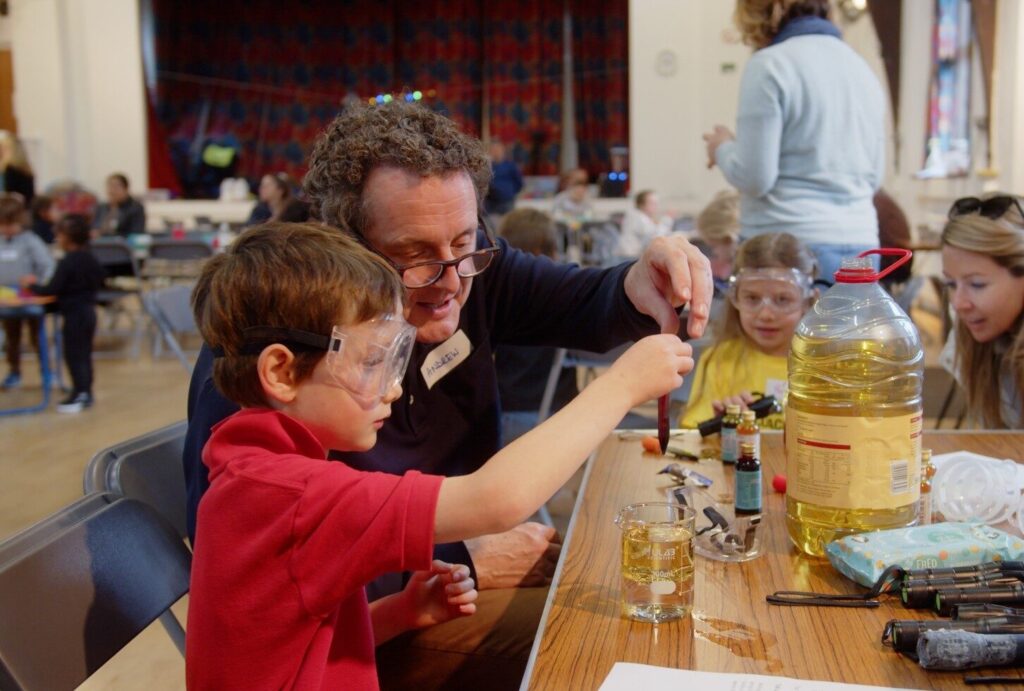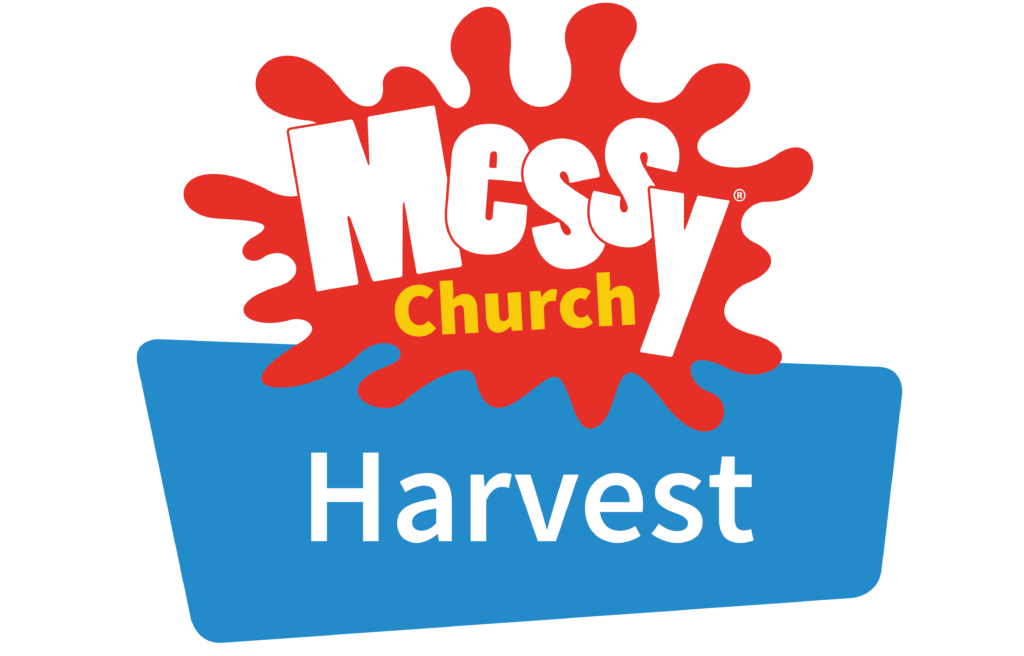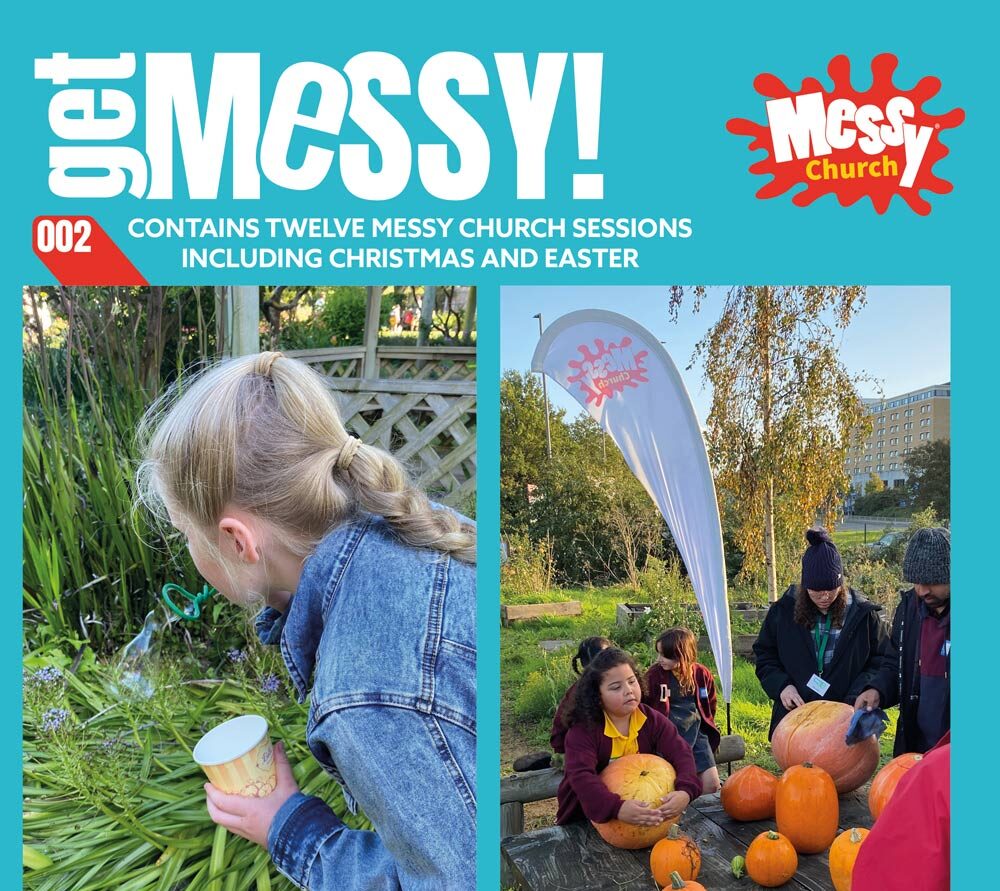Here are ways of exploring and growing discipleship that make sense in a Messy setting.
How do we encourage discipleship?
Jesus said, ‘… go and make disciples of all nations…’
Matthew 28:18–19, NIV
- Be ready for the long haul—making disciples can be a long, slow process. It’s more like parenting a child than microwaving a ready meal.
- Remember, we’re all in the process of becoming disciples: none of us are finished, complete and perfect. We’re all work in progress. We are disciples and we’re becoming disciples.
- Hospitality means that we come close to Christ through the outsider, the stranger, someone who is different from us: expect to grow as a disciple when you open your door to those who are different from you.
- Relationship and friendship are at the heart of discipleship. Make time for friendship rather than programmes.
- Discipleship is an ‘us’ thing, not primarily a ‘me’ thing. Try to grow disciples together, not in isolation.
- Keep the generations together to learn from and with each other. Resist the temptation to split according to age.
- Remember that many Messy people are starting from a very different place from those who have been part of a traditional church much of their lives.
- Simply doing Messy Church better is a valid way of making disciples.
- Work out what grows disciples in your church tradition and bring it (possibly reinvented) into Messy Church. Holy Communion might be an example of this.
- The need for a big team is an opportunity to make disciples. Inviting people to join the team means that they will inevitably spend more time with scripture, with Christians, in prayer and in a position of ownership, belonging and offering.
- Take risks with unlikely people on the team (but make sure your safeguarding structures are robust and effective).
- Help everybody to belong. This is a good way to help people believe, behave and bless in turn.
- Honour and value every form of learning: the way your team lives out its faith in front of guests; intentional apprenticing, mentoring or coaching of people as well as formal and academic learning.
- Give families the tools and confidence to disciple each other as a family in the home: don’t try to hold on to power by initiating everything yourself.
- Expect God to play his part. Notice Him at work in small things, not just in the big ‘requests for baptism’ or ‘conversion moments’, exciting though these are.
- Doing what you do with purpose and intention is likely to have better results than simply meandering on aimlessly month by month: at the very least you will notice the transformation in people, not just take it for granted.
- Enjoy the discipleship of finding Immanuel in the everyday, messy world that is family life: God with us where we are, not just in tidy churches.
- Be aware of the rhythms of life and combine the monthly rhythm with occasional ‘festival’ rhythms when you do something liminal, edgy, risky, out of the ordinary.
Let us know if you’ve got any thoughts, ideas or questions about liturgy in your Messy Church. Join the conversation on Facebook and Twitter.





